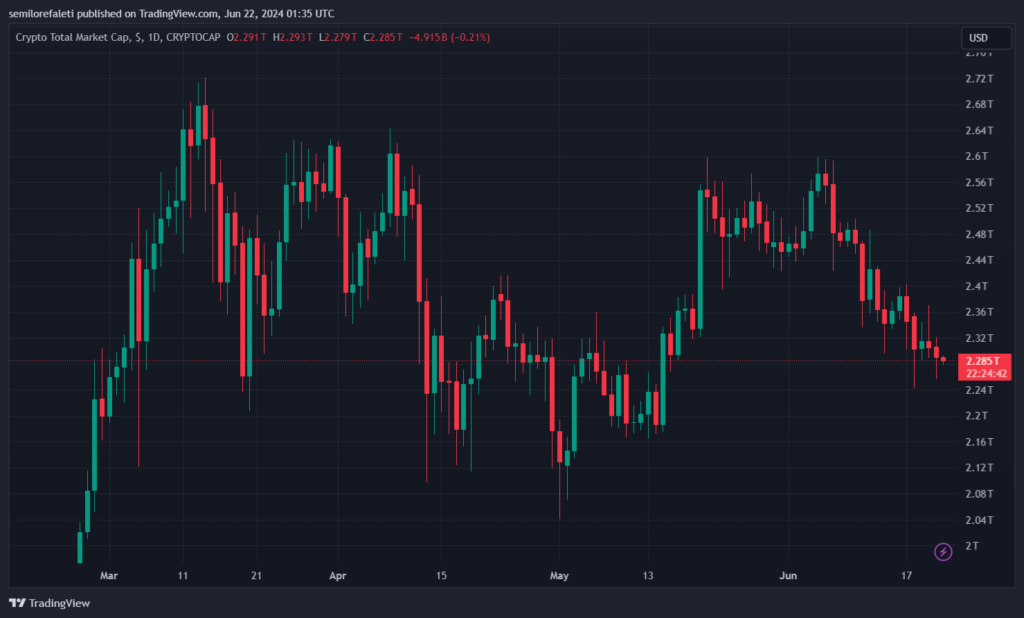The Nigerian Securities and Exchange Commission (SEC) has initiated a new initiative to expedite the registration process of virtual asset service providers (VASP)
According to the securities market regulators in the West African nation, the objective of this new program, which is an amendment to the current regulatory framework, is to adapt it to the current complexities of the crypto ecosystem.
Nigeria SEC Establishes a 30-Day Deadline for VASP Registration
In March, the Nigerian Securities and Exchange Commission (SEC) implemented numerous modifications to its regulations regarding the issuance of digital assets, the operation of offering platforms, the exchange of securities, and custody.
Notably, the commission subsequently increased the registration fees of VASPs from 30 million naira ($20,161) to 150 million ($100,806). This move sparked significant speculation due to the potential to decrease business participation, but it also facilitated financial stability among VASPs.
The securities regulators recently disclosed a specific amendment to the VASP registration rules in a memo published on June 21. This amendment introduces the Accelerated Regulatory Incubation Program (ARIP).
This 30-day program appears to offer an “exclusive” opportunity for all “operating and prospective” VASPs in Nigeria to expedite the completion of all requirements, guaranteeing full compliance across the board.
The commission has advised that the affected parties should access the SEC ePortal to initiate the Accelerated Regulatory Incubation Program. This is because all delinquent VASPs are subject to immediate prosecution by the SEC upon completing this registration program.
Intriguingly, the “puzzling” initiative was initiated in April in the wake of Emomotimi Agama’s appointment as the new director-general of the Nigerian Securities and Exchange Commission (SEC). Agama, who assumed office with a reputation for being pro-crypto, has discovered himself at odds with stakeholders in the expanding crypto industry in Sub-Saharan Africa.
The Nigerian government has attributed the massive devaluation of the Nigerian Naira over the past year to the prevalence of the currency on crypto exchanges. Specifically, the new DG initiated a campaign against this practice in May. The Naira was delisted from numerous exchanges, including KuCoin and Binance, as a result of this action.
Nigeria Is To Enforce Strict Regulations In The Crypto Space
In December 2023, the Central Bank of Nigeria lifted its two-year prohibition on banks operating accounts for VASPs to adopt a regulatory approach to cryptocurrencies rather than an outright moratorium.
However, despite this policy reversal, microfinance institutions continue to be challenged in their ability to facilitate crypto trading transactions. This development, in conjunction with the recent ARIP program and the recent increase in registration fees, suggests that the government of the West African nation will be adopting a strict approach to trading and using cryptocurrency.

Nigeria is one of the world’s fastest-growing crypto-hubs, with approximately 22 million individuals, or 10.3% of the nation’s population, active crypto proprietors.



